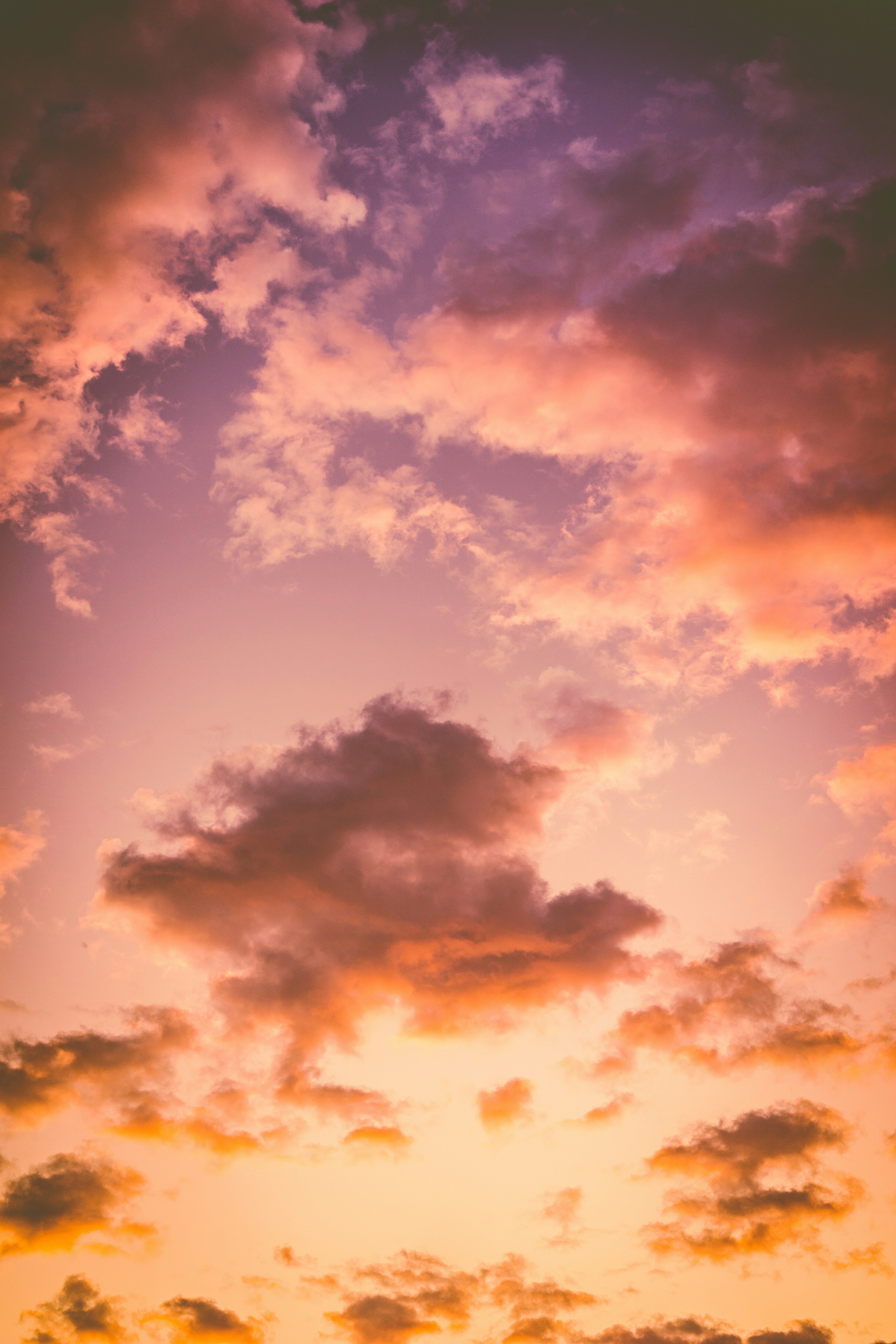Nukes on the Table: The Great Divide on Energy Future in Australia
Australia deliberates on nuclear energy controversy
The upcoming Australian elections are heating up, and the hot button issue that's got everyone talking is whether to incorporate nuclear power into the country's energy mix. It's a topic that's stirring up a ferocious debate, pushing Australia to reconsider its stance on a cleaner, greener energy future.
The Nuclear Hunger
- The Plan: Led by Opposition Leader Peter Dutton, the Liberal-National Coalition has fired up their US$200 billion blueprint for constructing seven large-scale nuclear reactors by 2050. Supporters claim that this could lead to a 25% reduction in energy costs, making it a more wallet-friendly option compared to renewables[2][3][4].
- The Pitch: Nuclear proponents argue that nuclear power provides a steady, uninterrupted energy source compared to solar and wind, which are subject to weather fluctuations. They also stress the safety and efficiency of modern nuclear technology, highlighting its potential to serve as a reliable foundation for fluctuating renewable energy sources[3][4].
Green Gridlock
- The Objection: Opponents, including the Labor Party, the Greens, and many independents, dispute the cost-effectiveness of nuclear power and the impact it could have on renewable energy technology development. Experts from institutions like the Climate Change Authority and CSIRO predict that nuclear energy would drive up energy costs and hinder Australia's efforts to meet its climate targets[2][5].
- Eco-Worries: Environmental and safety concerns, such as waste disposal and potential accidents, are also fueling the opposition to nuclear power, despite advancements in technology[5]. Additionally, critics point out the lengthy construction process of nuclear reactors, which could delay the timeline for meeting greenhouse gas reduction goals[2].
The Global Stage
- Uranium Riches: With its massive uranium reserves, Australia has shied away from nuclear power for more than two decades, but the international community is increasingly embracing nuclear as part of their energy mix. Countries like the U.S., France, and the U.K. are all exploring nuclear as a viable option[2][3].
- Eco-Champion: The debate over nuclear power takes place against the backdrop of Australia's leadership in renewable energy. With ample solar and wind resources, the country is determined to achieve net-zero emissions[1][2]. Its significant reserves of critical minerals also support its renewable energy sector's growth[1].
Regardless of which side of the fence you stand on, one thing is clear: Australia's energy landscape could undergo a seismic shake-up in the coming years. The decisions made during the upcoming elections will be crucial in determining Australia's path towards a sustainable energy future.
- Opposition Leader Peter Dutton's Liberal-National Coalition, in their US$200 billion plan, aim to construct seven nuclear reactors by 2050, with the promise of a 25% reduction in energy costs compared to renewables.
- The Labor Party, the Greens, and many independents dispute the cost-effectiveness of nuclear power, arguing that it could drive up energy costs and hinder Australia's efforts to meet its climate targets.
- The Australian government, with its massive uranium reserves and significant reserves of critical minerals, faces a difficult decision between embracing nuclear power like the U.S., France, and the U.K., or maintaining its leadership in renewable energy.
- As politics heat up in Sydney ahead of the upcoming Australian elections, stakeholders from both sides of the nuclear debate eagerly await decisions that could shape Australia's energy future and its path towards a sustainable, green economy by 2050.





